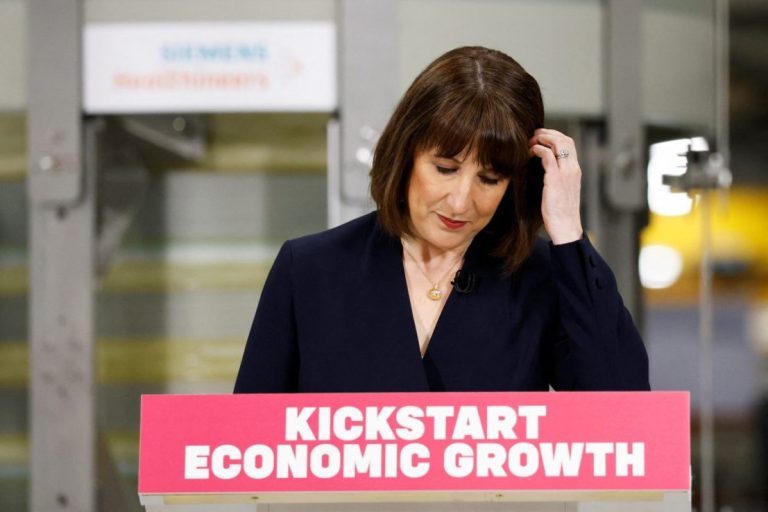
Nationalising British Steel is not the Solution
In recent years, the decline of the UK’s industrial sector has become a prominent issue that cannot be overlooked. As once one of the world’s leading industrial powerhouses, the UK’s position has drastically changed, with shuttered factories and displaced workers becoming all too common. This troubling trend is exemplified by the potential collapse of British Steel’s operations in Scunthorpe, once a symbol of industrial might.
In response, some have suggested the nationalisation of British Steel as a viable solution to the problem. While nationalisation may appear to be a reassuring quick fix, it is merely a temporary measure that glosses over deeper issues, particularly the soaring energy costs that are undermining the competitiveness of UK industry.
The Energy Crisis at the Core
The crux of the dilemma facing British industry lies in the exorbitant cost of energy. Compared to its neighbours, the UK suffers from sky-high electricity prices, with industrial consumers paying up to 50% more for electricity than in France or Germany. This discrepancy makes the UK an unattractive destination for manufacturing investment and creates an unlevel playing field against cheaper imported goods.
Efforts to transition to renewable energy sources like wind and solar, which account for an increasing share of UK power generation, have failed to lower prices substantially. This is partly due to the pricing mechanism known as « marginal pricing, » where the highest-cost energy source available sets the price for everyone. Even when renewables are abundant, the reliance on gas to meet peak demand keeps prices elevated.
Necessary Reforms in the Energy Market
Tackling this issue requires reforming the energy market to encourage efficiency and adaptability. One approach is to institute sharper price signals that reflect supply and demand dynamics in real-time and on a locational basis. This can promote energy storage and shift usage patterns to reduce costs.
Moreover, simplifying the approval process for new renewable projects can draw investment into green infrastructure. Establishing ‘clean energy zones’ where there is public backing can streamline the planning process, reducing bureaucracy and fostering the expansion of renewable facilities.
In addition to renewables, modern nuclear power production presents a potential avenue for affordable energy. Offering regulatory justification for all new nuclear and modular reactors can cut down the lengthy approval process time, thus catalysing the deployment of nuclear options.
The Path Forward for British Industry
Finally, there needs to be an expansion in infrastructure to accommodate increased energy supplies. The existing grid infrastructure often limits the available capacity for renewable energy, leading to paradoxical situations where operators are paid to curtail production. Expanding the grid ensures more consistent electricity supply and mitigates unnecessary costs to taxpayers.
While some relief measures for energy-intensive industries exist, these need to be strengthened to ensure competitiveness. Exempting these sectors from network charges may provide the necessary lifeline to allow them to thrive once more.
Failure to address energy costs will ultimately lead to the decimation of what’s left of British industry. By prioritising policies that lower energy prices, attract investment, and sustain jobs, the UK can reinvigorate its industrial sector, preserving its legacy as a leader in innovation and production.



